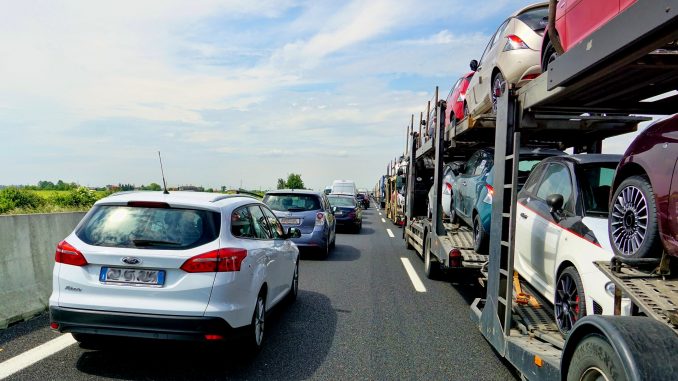
The car industry has high hopes for the future of self driving cars. But, with several high profile crashes involving robot vehicles, including a recent crash involving an Uber self drive taxi hitting and killing a woman in Arizona, how hard will it be to convince the public that they are safe? There have been several reported crashed this year in the US, resulting in two fatalities and according to the polls public confidence in the technology has dropped. So what does this mean going forward; will self driving cars ever take off and become mainstream?
Self Driving Vehicles: What Do The Public Think?
A new poll carried out by the AAA shows that the public are quickly losing confidence in self driving vehicles. Over 1000 adults in the US were surveyed, and asked the following questions:
- Are U.S. drivers comfortable with the idea of riding in a fully self-driving car?
- Are U.S. drivers comfortable with the idea of sharing the road with a self-driving car while walking or riding a bike?
- Do U.S. drivers want semi- autonomous technologies in their next vehicle?
The results of the survey show that 73% of Americans would be afraid to be a passenger in a self driving vehicle. In addition, 63% said that they would feel less safe on the road, as a bicycle rider, or as a pedestrian knowing that self driving vehicles were on the road. These numbers are significantly higher than those seen last year, suggesting that the recent crashes have impacted the public opinion.
Safety Concerns
The concerns highlighted in this survey aren’t new. Other recent polls tell a similar story, which indicates that consumers may need a lot more convincing if self driving vehicles are to become more widely used. A lot of drivers say they would be afraid of having no control of vehicles, and safety is a key issue. Another problem with the technology is that so few people have firsthand experience of it.
Although some tests have been carried out on public roads, there are none being sold in dealerships and only a small number of taxi companies have trialled the technology. Greg Bannon, director of automotive engineering at AAA, said in a statement: “This technology is relatively new and everyone is watching it closely. When an incident occurs, it gets a lot of media attention, and people become concerned about their safety.”


Leave a Reply